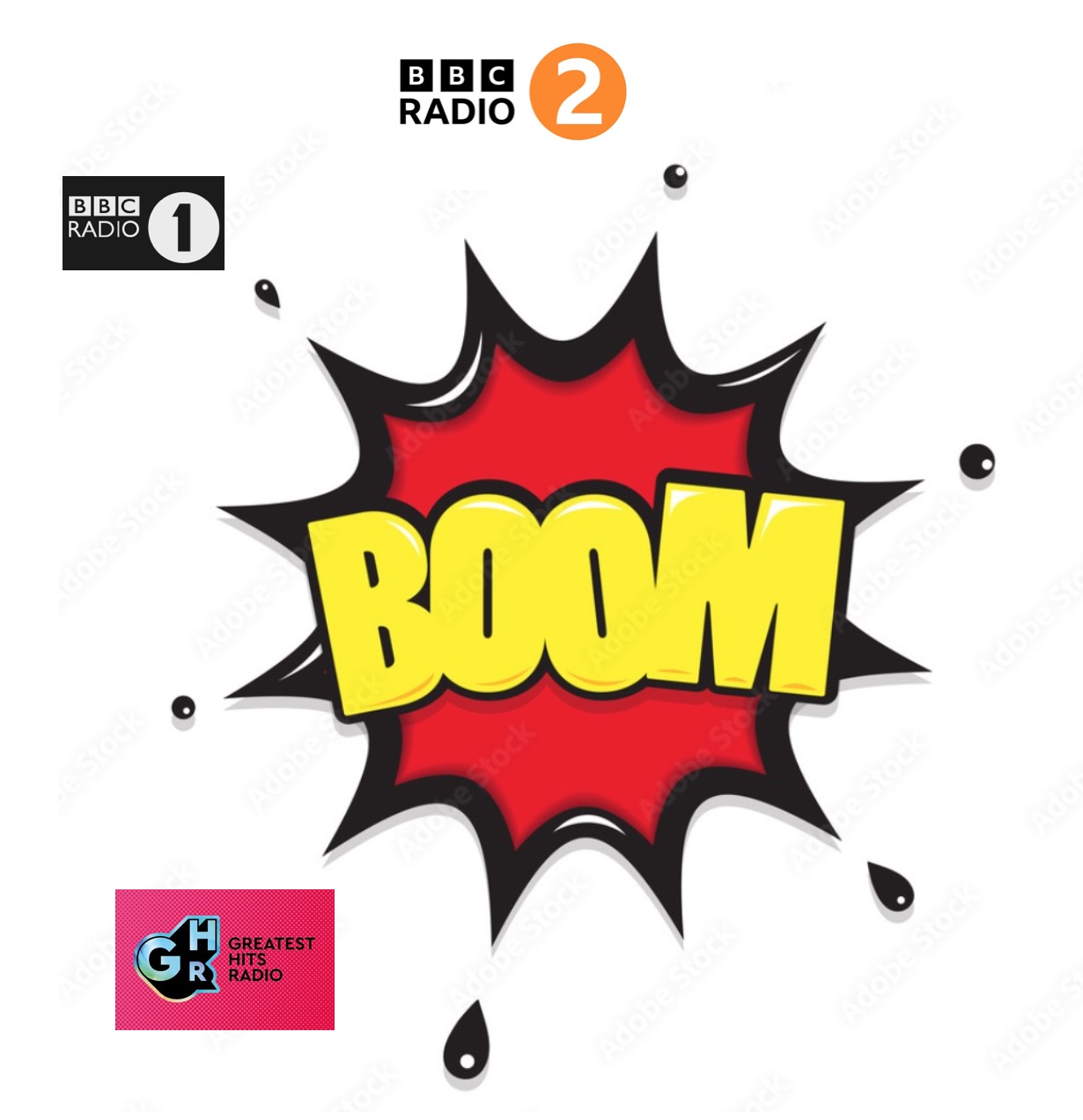| Issue October-12 | ||
 |  |
|
| ·Home ·Politics ·News ·Sport ·Life ·Culture ·World ·Essays ·Technology ·About | ·Archive | |
| ||||||||||||||
Boomers fight back in the Airwaves |
 |
BOOM to you too How to Boom! How to make fascinatiing media? Brilliant management, innovative construction with cost cutting modern presentation concept. A well designed marketing strategy and the guts to go strategically via Ofcom against a wounded BBC. For those who have not yet heard of this latter day encroacher on the media landscape and in particular if you are classed as a "Boomer" this is the radio station you might be tuning in to. What makes it interesting? First it was brought to life by Phil Riley and David Lloyd, two commercial radio executives who felt older listeners were being overlooked by stations such as BBC Radio 2 in favour of a younger audience. Without going into the depths of some reasons why Radio 2 is losing popularity (we have another article on that theme), these 2 men realised that there is a huge market for media aimed at the "Boomers". According to research there was an estimated baby boomer population of 14 million at the time of the station's launch. Their aim has been to attract half a million listeners within their first two to three years on air. What makes them different? Well the main difference, if we take Greatest Hits as a UK wide independent competitor is that they are not going to castrate themselves by refusing to play anything outside the nominal Boomer range. For example on greatest hist you will never hear anything created after the turn of the Millennium. Still great music but slightly lacking if, as a listener, you like an occasional Taylor Swift Tra-La-La. Actually on Greatest hist you will rarely hear anything earlier than about 1965, whereas Boom has no problems playing Frankie Boy or Bing crooning High Society melodies which originated in 1956. In comparison with the BBC there is also a huge difference in their choice of presenters. On their website there is a nice collage of Boomers who produce and present the station round the clock. Cost-wise it would seem that they are at a huge advantage over Auntie who spends our money as though it is going out of style. Not only exhorbitant salaries and contracts with pseudo media-companies but the number of people involved exchanging banter, There is always at least one producer to hold the presenter's hand. Sometimes a further traffic assistant - Sally Traffic, Bobby Prior. Then a crew that sit and wait to take listener's phone calls. Sara Cox sometimes names them and it seems there are at least three. Then the Newscasters and Weather prophets who might, unlikely, get shared between stations. So Boom who lives from advertising is being quite frugal. Maybe the biggest difference is one that you are not supposed to notice and it is both financial as well as amazing marketing. The station doesn't have a studio. Wow or rather Boom! How can that be. They have a series of presenters each of which has a small studio in their own home. The whole setup is connected by software and broadcast across the UK. In order to do this they employ RCS Sound Software and this was introduced by Quentin Howard an executive with experience in launching in multiple radio stations. The technology is not new having originated back in 1979 and invented by Dr. Andrew Economos. At the time he was in charge of computing activity at NBC and he saw a need for a way to automate Music scheduling at company-owned stations. Before that all scheduling was done with pen and paper. Amazing Tricks Some of the methods used are straight forward and would come as no surprise to readers. News for example is automatically scheduled on the hour and is actually pre-recorded from a news agency the same as the weather report which is also outsourced. But other methods included in what is known as "Voice Tracking" might be surprising. For example most of us will know that radio presenters will often read out the current time. How often have I heard Vernon Kay saying "it is now 10 thirty and time for our....". Using newer methods, these time announcements are actually pre-recorded but the computer schedules them perfectly to broadcast at exactly the correct time. Even though almost everything is pre-recorded some content may only be created shortly before airing which allows them to react to some - almost - real time information such as requests. Voice Tracking has other cost saving features. The main idea being that whereas a BBC or conventional broadcaster presenter sits around, costing time and money, between his or her patter listening to some music, all the patter can be recorded super fast. The presenter only needs to listen to the music intro or its fade out to know what he is going to say. Voice tracking systems actually go back decades. According to wikipedia, Most contemporary automated systems effectively function as high-tech jukeboxes. Pieces of audio footage are digitised and saved on the computers. Nowadays often using cloud storage. Presenters or assistants create "program logs" which list exactly what is supposed to be on the air and in what order. The computer follows the instructions as set out in these playlists. Even though a presenter might be sitting in a cottage in Northumberland, he will record sentences or phrases implying that he is looking out of a studio window in London or Birmingham. This is a marketing ploy to make the listener believe the presenter is local. Even experts evidently have difficulty telling that a program is not in real time and next door. Because radio stations can be essential in emergencies, most systems allow for an immediate interruption with live information. Boom has not been without legal / political problems As we have pointed out in another article the BBC and particularly Radio 2 - their flagship - is losing listeners. So it is not surprising that Auntie will use her enormous clout to put a spanner in the works of any rivals. In February 2024 the BBC announced that it would launch four new national digital radio stations, including a Radio 2 spin-off playing music content similar to Boom. Boom Radio's co-founder Phil Riley requested that Ofcom block the planned launch. He described the BBC's decision as a "panic" move to try to win back older listeners. Boom also asked its listeners to write to the BBC and to their MPs to complain about the planned new service, which Boom said "sounds remarkably" like its own. In April 2025 Ofcom rejected the BBC application to create their spin-offs. There have been complaints about a couple of the tunes that Boom played uncensored. Boom argues that it has next to no younger listeners who should not be subjected to expletives but has apologised and stated that the tracks were mistakenly downloaded into their playlists. Is it worth listening to? If you are a Boomer who enjoys anything from high society, through Bobby Darin, Del Shannon, some old Elvis like "Wooden Heart", Buddy Holly and the Crickets or maybe even Summertime Blues, yesterday they played "Nellie the Elephant" and this morning Benny Hill. Certainly at weekends when the BBC's regular program degrades even further towards their back slapping self appraising presenters a decided yes! |
| London: 12. October 2025: -pw- |
| Source: WessexTimes, Boom Radio |
| The views expressed in this article are the author's own and do not necessarily reflect WessexTimes editorial stance. |
|